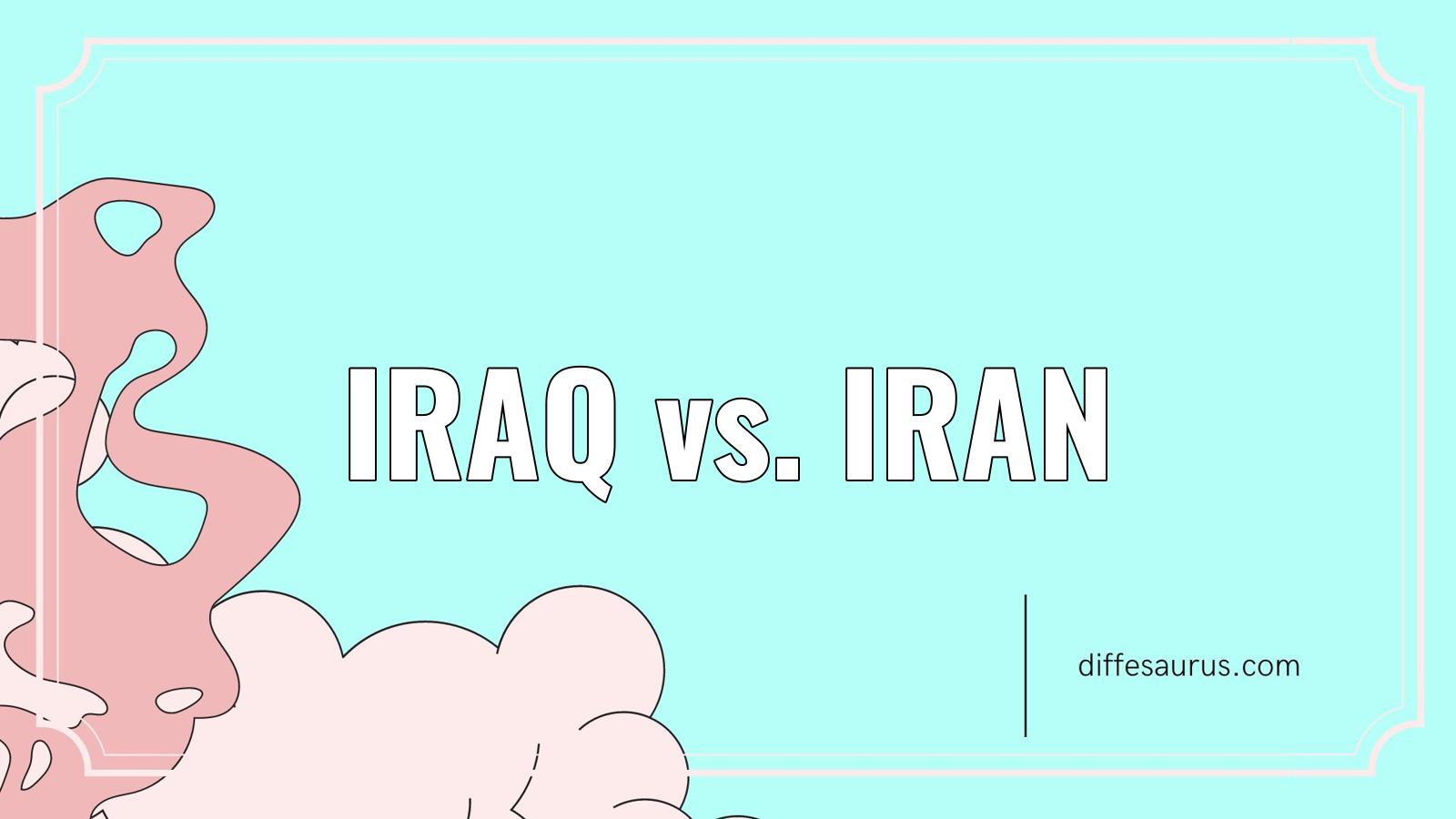It can be hard to tell Iran and Iraq apart from the perspective of a U.S. citizen.
There are more aspects to the two regions than just their border. Baghdad is the seat of centralized power in Iraq while Tehran is the capital city of Iran. Iraq is ranked 58th in the world at 169,000 square miles, while Iran is ranked 18th at 636,000 square miles. Their populations are different in many ways. Iran has 80 million citizens compared to 31 million for Iraq.
What are three differences between Iran and Iraq?
Iran and Iraq share a common national religion of Islam, with 90 percent of Iran and 60 percent of Iraq following the Shia tradition. Since its foundation in the early 600s, the Middle East has witnessed a battle between the two versions of Islam.
What is the fight between Iran and Iraq?
During the 1980s, there was a military conflict between Iran and Iraq. Iraqi forces invaded western Iran along the countries’ joint border on September 22, 1980. According to Iraq, the war began on September 4 when Iran attacked several border posts.
Is it called Iran or Iraq?
Iran is pronounced ‘ih-RON’ instead of ‘AY-ran’ and Iraq is pronounced ‘ih-ROCK’ instead of ‘AYrack’ Persia for Iran and Mesopotamia for Iraq are the different names for the countries.
Are Iraq and Iran enemies?
Iraq and Iran are allies against the Islamic State. Due to the fact that both governments operate on a Shi’ite system of governance, the relationship between the two countries is very strong. Increasing influence of Tehran in Iraqi politics has led to civilians protesting foreign involvement and the presence of Iran-backed militias.

Did Iraq invade Iran?
The Iran-Iraq War began in September of 1980 after Iraqi forces invaded Iran. Fueled by territorial, religious and political disputes between the two nations, the conflict ended in an effective stalemate and a cease-fire nearly eight years later.
Why Iran and Iraq are fighting?
Iran’s Islamic revolution and its appearance of being a Pan-Islamic force, in contrast to Iraq’s Arab nationalism, led to tensions between Iraq and Iran. Despite Iraq’s goal of regaining the Shatt al-Arab, the Iraqi government initially welcomed the Iranian Revolution. Iraq publicly complained of at least 544 incidents of Iran violating its border and airspace during the 1980’s, with Iran citing at least 797 violations.
Who won Iraq or Iran soccer game?
The last time the two teams played each other was in a World Cup match in Iran in January of 2022.
Why was Iraq at war with Iran?
Saddam Hussein’s attempt to take advantage of the post-revolutionary chaos and military weakness of Iran led to the start of the war. mustard gas was used by the Iraqis against the Iranian soldiers.

Did the US support Iran or Iraq?
Billions of dollars’ worth of economic aid, dual-use technology, military intelligence, and special operations training were part of the American support for Ba’athist Iraq during the Iran-Iraq War. Despite Iraq’s ties to terrorist groups, the U.S. refused to sell arms to Iraq directly, but several sales of dual-use technology have been documented.
What is the conflict between Iraq and Iran?
A major war between Iran and Iraq in the 40s set the stage for lasting regional dynamics. The Islamic Republic’s first major military test was the conflict that began when Saddam Hussein invaded Iran. Just one year after the 1979 revolution in Iran, the Iranian leadership faced an important battle.
Who won Iran vs Iraq war?
Iraq launched its own series of ground attacks in the spring of 1988 as Iran was demoralized by its many failed offensives. Iran’s clerical leaders had little hope of a decisive victory because of Iraqi battlefield gains. The war ended on August 20, 1988 after the two nations accepted a UN-brokered ceasefire. Estimates range from 1 to 2 million and include tens of thousands of Kurds killed by Iraqi forces.



